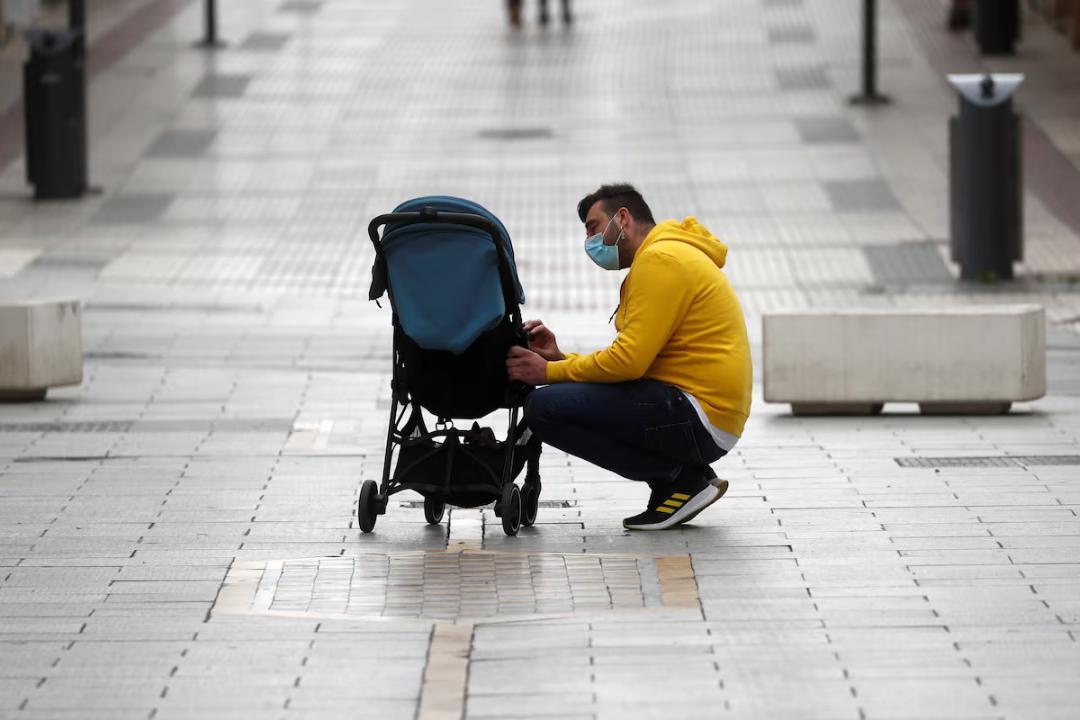
Spain to Offer 17 Weeks of Parental Leave to Both Mothers and Fathers
In a significant step towards promoting gender equality and supporting new parents, Spain has announced plans to extend its parental leave policy to 17 weeks, making it one of the most generous in Europe. The new policy will provide equal, fully-paid leave to both mothers and fathers, allowing them to bond with their newborns and care for their families without worrying about financial burdens.
Spain’s Minister of Labor and Social Affairs, Yolanda Díaz, hailed the move as a significant step towards feminism, stating, “Spain is moving towards feminism…and there’d be no turning back.” The new policy is expected to come into effect in the coming months, making Spain and Finland the only EU countries to offer equal, fully-paid birth leave to both parents.
The existing parental leave policy in Spain provides 16 weeks of paid leave to mothers, with an additional 2 weeks of leave available to fathers. The new policy will extend the leave period for both mothers and fathers, providing 17 weeks of paid leave. This will not only benefit new parents but also help to promote gender equality and reduce the burden of childcare on mothers.
The decision to extend the parental leave policy is seen as a major step forward in Spain’s efforts to promote gender equality and challenge traditional gender roles. The country has made significant progress in recent years, with women now holding over 40% of parliamentary seats and a record number of female politicians in senior positions.
The new policy is also expected to benefit businesses, as it will allow them to retain skilled employees and reduce the cost of recruiting and training new staff. A study by the OECD found that countries with more generous parental leave policies tend to have higher levels of female labor force participation and lower levels of gender inequality.
The decision to extend the parental leave policy has been welcomed by women’s rights groups and employers’ organizations. Maria Ángeles Esteban, president of the Spanish Federation of Women’s Organizations, hailed the move as a “historic step forward” for women’s rights, stating, “This is a victory for equality and a recognition of the importance of parental leave for the well-being of families and society as a whole.”
Employers’ organizations have also welcomed the move, citing the benefits it will bring to businesses. José María Álvarez-Pallete, president of the Spanish Confederation of Employers’ Organizations, stated, “This is a positive step forward for families and for businesses. It will allow us to retain skilled employees and reduce the cost of recruitment and training.”
The new policy is part of a broader effort to promote gender equality and support working mothers in Spain. In recent years, the country has introduced a range of measures to support working mothers, including flexible working arrangements, childcare support, and parental leave.
Spain’s commitment to promoting gender equality and supporting working mothers is reflected in its performance in international rankings. According to the World Economic Forum’s Global Gender Gap Report, Spain ranks 19th out of 156 countries in terms of gender equality, up from 24th in 2015.
The new parental leave policy is also part of a broader trend towards greater flexibility and work-life balance in the workplace. Many companies are recognizing the benefits of offering flexible working arrangements and parental leave, as it allows them to retain skilled employees and improve productivity.
In conclusion, Spain’s decision to offer 17 weeks of parental leave to both mothers and fathers is a significant step forward in promoting gender equality and supporting new parents. The policy is expected to benefit both families and businesses, and will help to promote a more equal and inclusive society.
Source:






